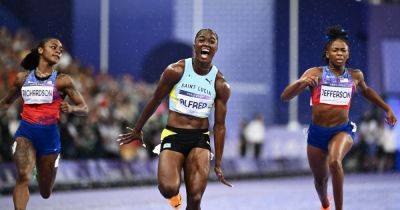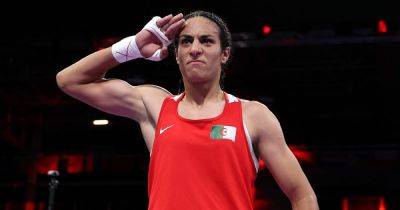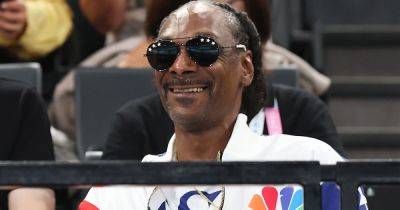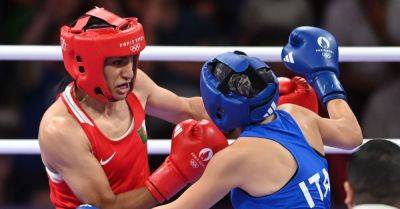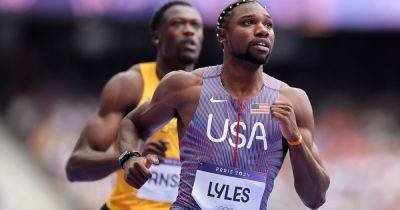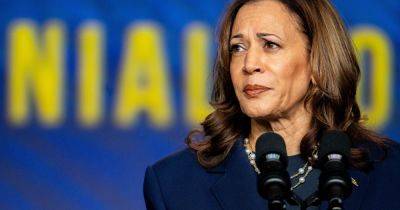Banned Group That Claimed Olympic Boxers Failed Gender Test Has Russian Ties, Troubled History
VILLEPINTE, France (AP) — Nearly 17 months ago in New Delhi, Algerian boxer Imane Khelif was disqualified from the International Boxing Association’s world championships three days after she won an early-round bout with Azalia Amineva, a previously unbeaten Russian prospect.
The disqualification meant Amineva’s official record was perfect again.
The IBA said Khelif and fellow boxer Lin Yu-ting of Taiwan had failed “to meet the required necessary eligibility criteria and were found to have competitive advantages over other female competitors.” The governing body claimed the fighters had failed unspecified eligibility tests — the same tests that ignited a massive controversy about gender regulations and perceptions in sports this week as Khelif and Lin compete at the Paris Olympics.
The IBA’s decision last year — and its curious timing, particularly related to Amineva’s loss to Khelif — would have raised warning signs around the sports world if more people cared about amateur boxing, or even knew more about the IBA under president Umar Kremlev of Russia.
The entire boxing world has already learned to expect almost anything from the Russian-dominated governing body that was given the unprecedented punishment of being permanently banned from the Olympics last year. In fact, it hasn’t run an Olympic boxing tournament since the Rio de Janeiro Games in 2016.
The non-boxing world largely doesn’t know, however, about the IBA’s decades of troubled governance and longstanding accusations of a thorough lack of normal transparency in nearly every aspect of its dealings, particularly in recent years. Many people took the IBA’s proclamations about Khelif and Lin at face value while dragging the eligibility dispute into wider clashes


